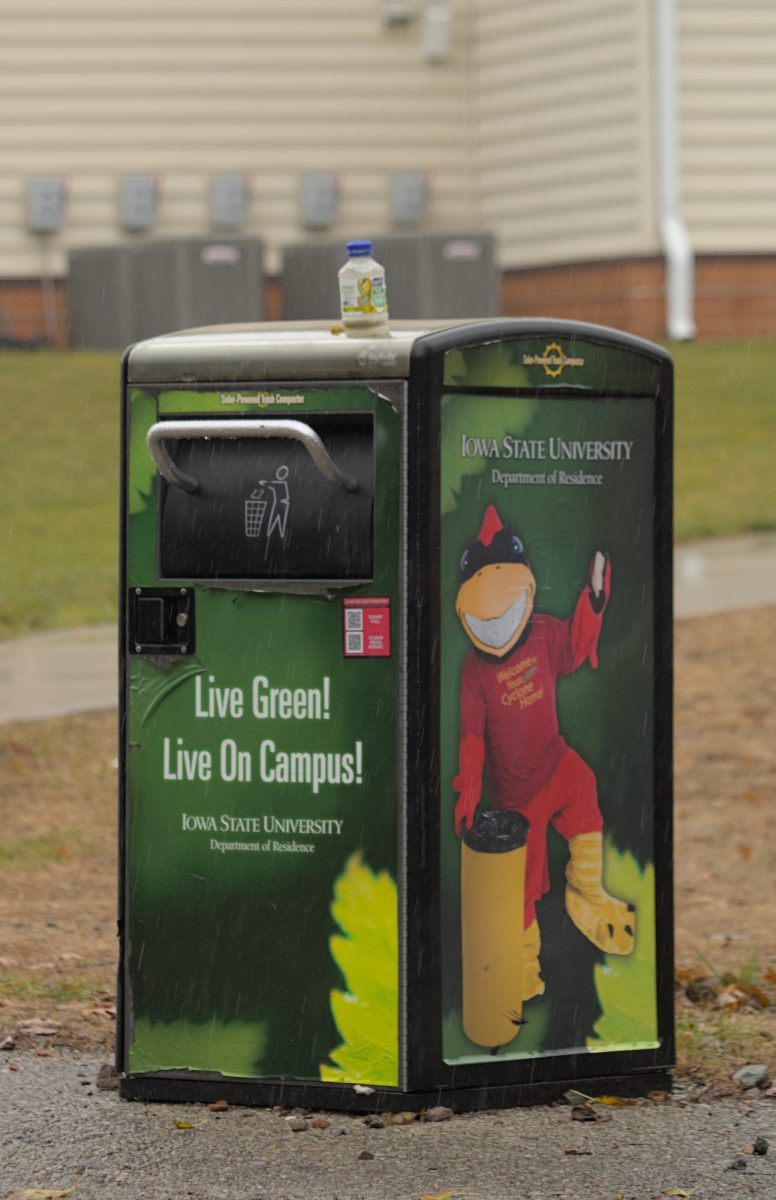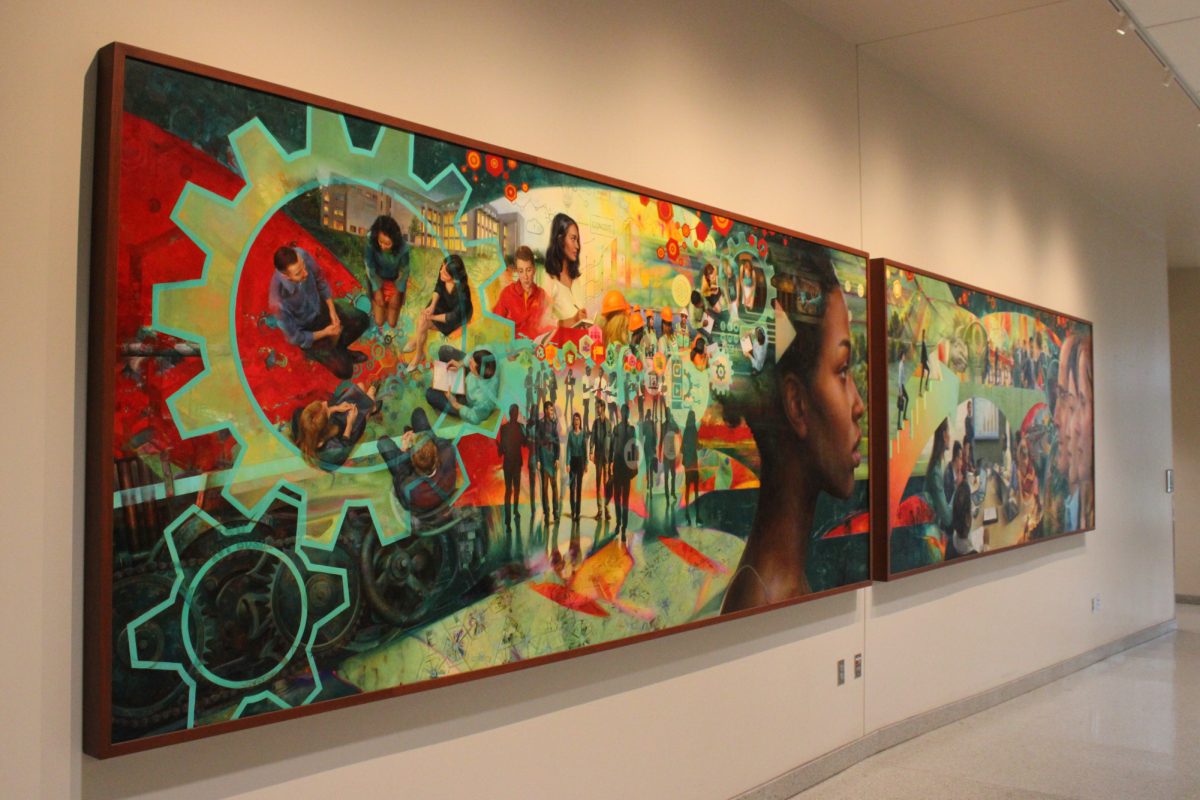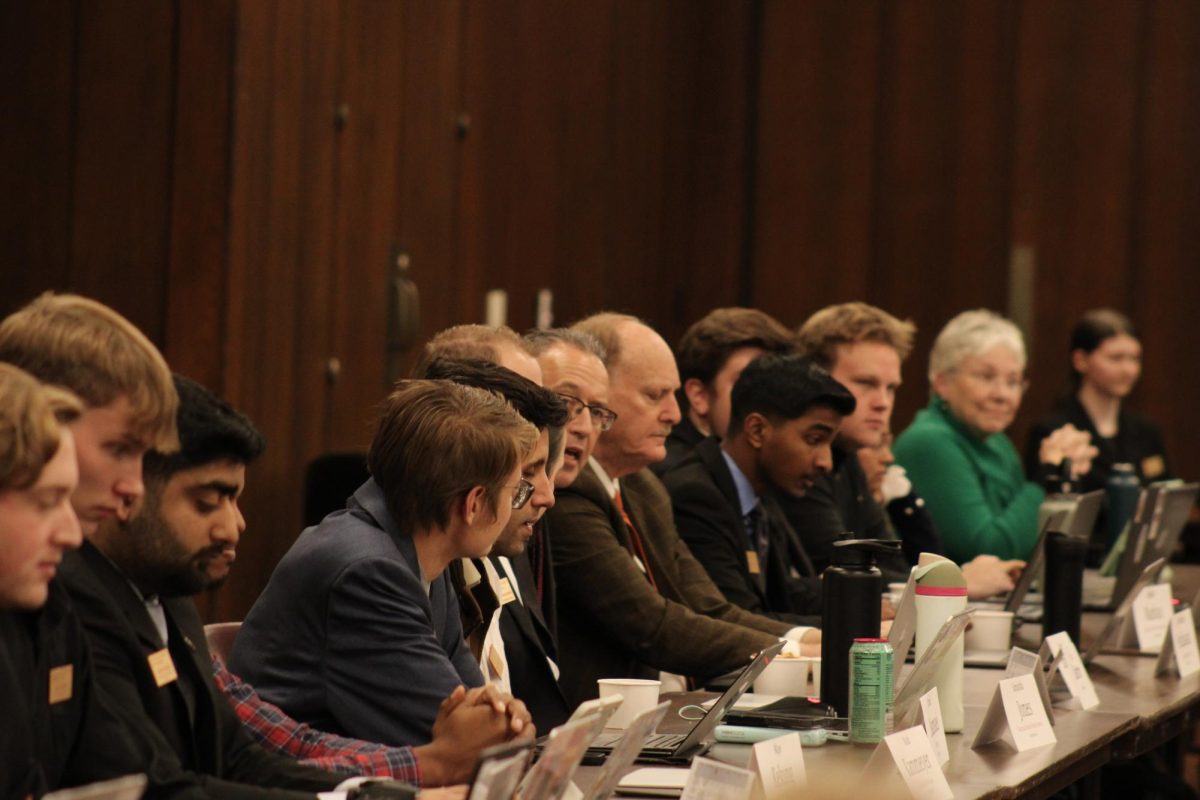Letter to the editor: Nader’s voice needs to be heard
September 4, 2000
In the months before the election, the presidential debates are set to show the American voters the stark contrast of ideas in the United States among its leaders. Or is it? Let’s examine a few important issues. On free trade, Gore and Bush are for it. On removing special interest money (dubbed soft-money) from presidential campaigns, Gore and Bush are against it. (This can be seen from the millions of dollars from special interests both of them have raised). Wait a minute, I thought these were supposed to be different candidates. Well, I know some Democratic and Republican party liners say there are significant differences. Here is a few. Al Gore, a known “environmentalist,” is for the reduction of greenhouse gas emissions and reducing the economy’s reliance on fossil-fuel based energy, but he has done little to reverse this trend other than the rhetoric. George Bush, as shown in a recent interview on CNN, doesn’t even know what global-climate change is. Al Gore is for more spending in public schools for education improvement, although he does not even send his own kids to public schools. George Bush is more for the privatization of public schooling in the form of charter schools.ÿ So is there any real difference? The answer is a resounding no. The most pronounced evidence lies in the exclusionary presidential debates. The Commission on Presidential Debates (CPD) has made 3 requirements for candidates to participate in the upcoming debates: (1) the candidate must be a legal citizen of the U.S., (2) the candidate must have a mathematical chance to win the election, and (3) the candidate must receive 15 percent of the vote in several media polls. The first 2 criteria are reasonable and should be included. The final criterion was added after Perot, an independent, participated in the 1992 presidential debates and before he was excluded from the 1996 debates. The third criterion does not have any justification except the committee is formed from Democrats and Republicans who are inclined to exclude any non-mainstream candidate. The only criteria that exists, is that a candidate/party that receives 5 percent of the popular vote will receive federal matching funds in the next election. Now where did the committee get 15 percent? Who knows, but it is probably a strong function of the committee’s objective to exclude independent candidates. Ralph Nader is that independent candidate. Nader is a citizen of the U.S., and, by election time, he will be on 45 state ballots (obviously a mathematical chance). He has proven that his support is growing. He has raised $2 million from an average donation of less than $100. He recently had a rally in Portland, Ore., that was 10,000 plus (they had to turn people away from the event). He has consistently polled around 5 percent nationally (keep in mind that Jesse Ventura polled even less before he won the office of governor of Minnesota). This is strong evidence that Nader’s opinions (reducing corporatization of free trade, raising the livable wage, increasing public school performance by changing the curriculum, etc.) need to be heard, and the CPD has unfounded criteria for selecting participation in the debates. Nader’s voice needs to be heard because yours does too. Todd Bandhauer
Graduate Student
Mechanical Engineering






